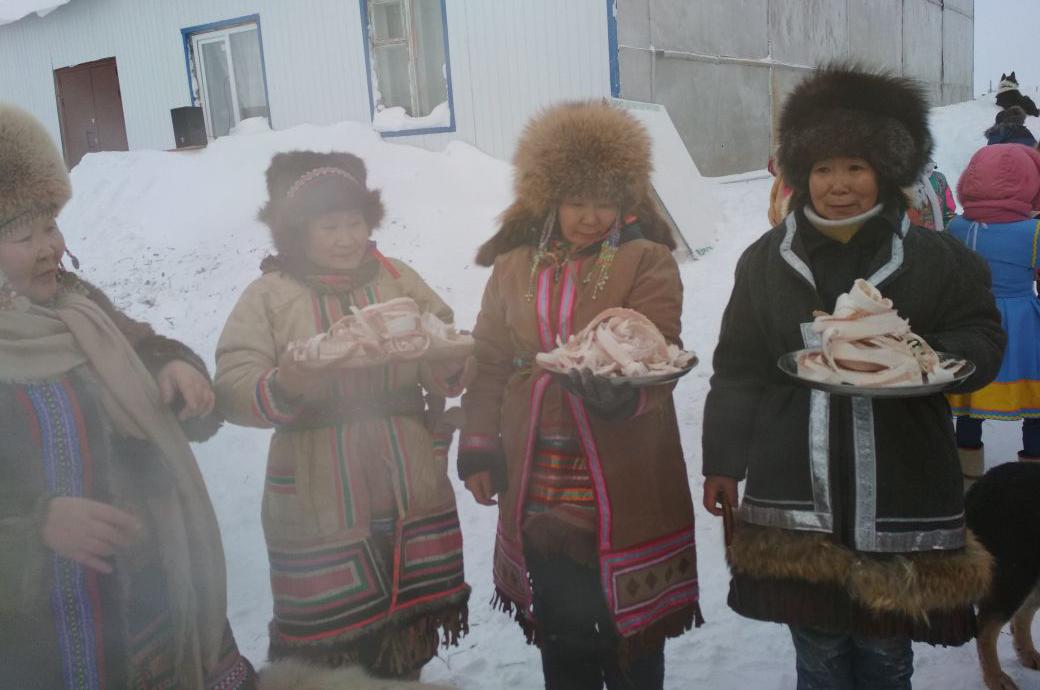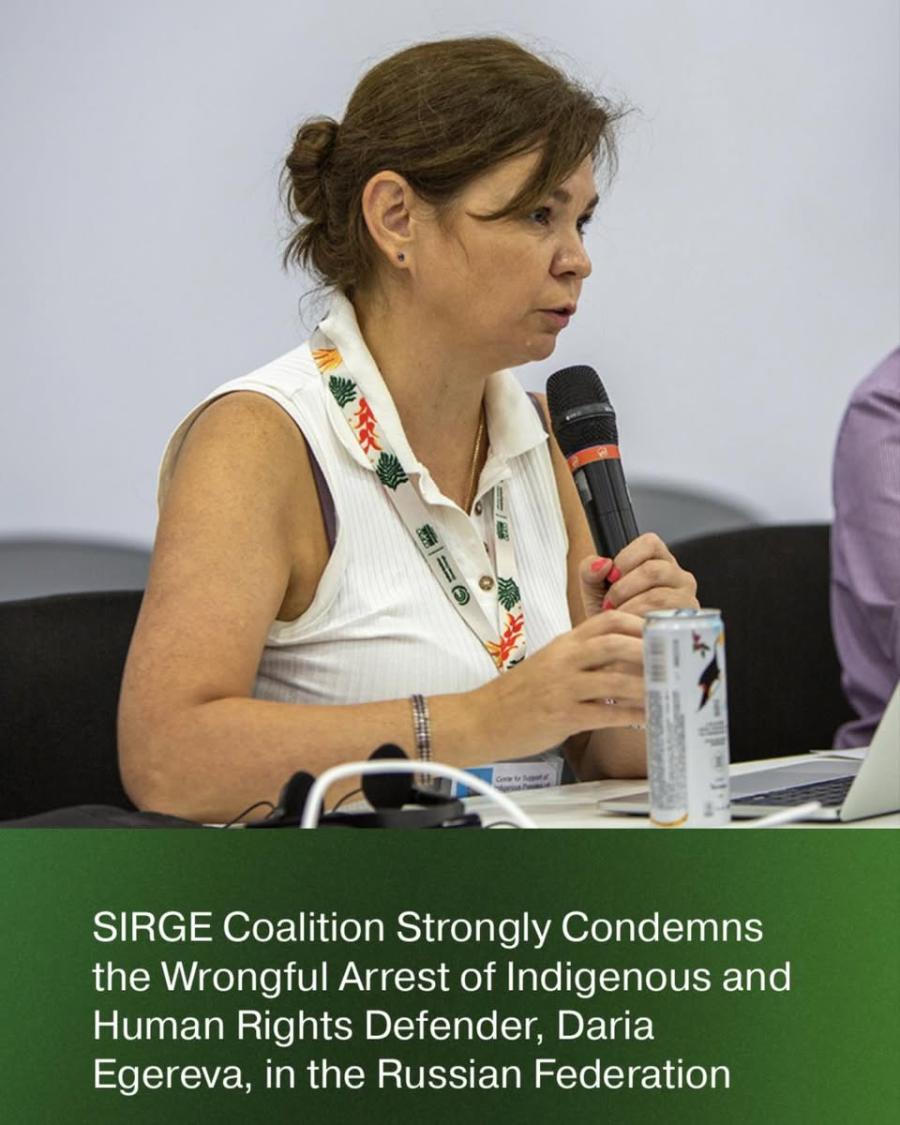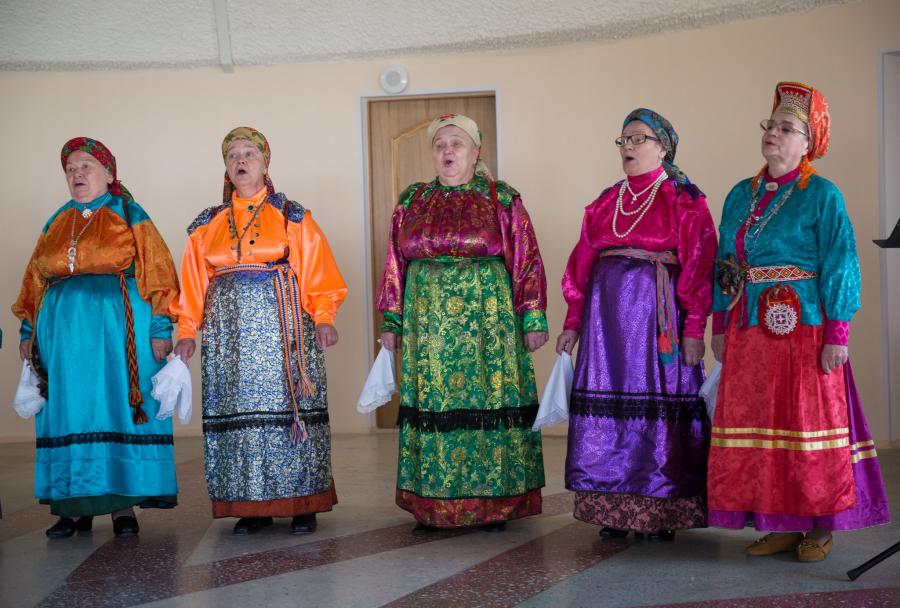
By Rebecca Kirkpatrick (CS Intern)
In May 2021, Cultural Survival—in partnership with The American Indian Law Clinic of the University of Colorado and the International Indigenous Fund for Development and Solidarity “Batani”—submitted one of eleven reports on women’s rights in Russia to the Committee on the Elimination of Discrimination Against Women (CEDAW) for its 80th session. While the majority of these reports focused on issues of domestic violence and LGBTQIA+ rights, Cultural Survival’s report was the only one that focused specifically on Indigenous women and provided in-depth information about the issues that they face. CEDAW then published its concluding observations in November 2021, paying special attention to the rights of Indigenous women in the Russian Federation.
Within the Federation, the term “Indigenous” has a very strict definition. To be recognized as “Indigenous,” groups must number under 50,000 individuals, practice traditional customs, inhabit a remote area, and maintain a distinct ethnic identity. This restrictive definition of Indigeneity excludes approximately 140 Indigenous Peoples in Russia and denies groups such as Buryats, Altaians, and Peoples of southwestern Russia official recognition by the Russian government which, in turn, denies them their Indigenous rights.
In 2020, a new registry was established and managed by the Federal Agency of Ethnic Affairs. This registry discriminates against Indigenous people if they live outside of their traditional territory or earn a living through work that the Russian government does not consider “traditional,” such as ice fishing, animal-skinning, or handicrafts. This is further complicated by the impacts of climate change on Indigenous traditional lands, as well as extractive industries and the history of forced eviction of Indigenous Peoples from their lands by the Russian State. This registry essentially allows the government to remove Indigenous leadership and human rights defenders who live in urban areas or are more likely to be educated. In an attempt to rectify this, CEDAW concluded that the Russian government should “adopt measures to facilitate the registration of indigenous women and girls on the unified list of indigenous peoples and ensure their access to education, social benefits and health care,” as well as “ensure and protect indigenous women’s collective rights to traditional land and resources and effective participation in decision-making bodies and processes at the local, regional and federal levels.”
Currently, there is a distinct lack of legal and political representation for Indigenous Peoples, and this is especially true for Indigenous women. Even Indigenous organizations that have been founded by Indigenous women rarely have women’s issues as the focus of their advocacy. There have been various reports of the Russian government using intimidation tactics, threatening punishments such as criminal prosecution to discourage Indigenous rights activists. Indigenous organizations are frequently labeled as “foreign agents'' in an attempt to discredit the work they do. In 2019, the Center for Support of Indigenous Peoples of the North/Russian Indigenous Training Center (CSIPN/RITC) was dissolved by the Moscow City Court. It had been labeled as a group of “foreign agents'' because they accepted grant funding from international sources. Armed with this information, CEDAW concluded that the Russian government must “develop a comprehensive legal aid scheme for women at the federal and regional levels, with sustainable and sufficient resources including procedural accommodations, particularly targeting rural women and women belonging to disadvantaged groups such as Indigenous and Tribal women'' and “ensure full respect for the rights of women human rights defenders to freedom of expression, peaceful assembly and association, refrain from any reprisals against them, and ensure that they have effective access to justice and receive protection from harassment, intimidation, retaliation and violence.” CEDAW also encouraged the Russian government to review the legislation that requires organizations that receive foreign funding to register as “foreign agents'' so that NGOs “working on women’s rights and gender equality may freely operate and raise funds.”
One of the biggest issues affecting Indigenous women is climate change. Indigenous Peoples in the Arctic in Russia are disproportionately affected by the climate crisis since their ways of life and traditional economic activities like fishing, agriculture, and reindeer herding depend directly on climate conditions. Ice and permafrost levels are significantly decreasing as a result of the warming climate in Russia, and this directly affects the migration patterns of animals on which Indigenous communities depend, such as reindeer, deer, marine mammals, and fish. The climate crisis is further exacerbated by the melting permafrost, which releases additional greenhouse gases like carbon and methane. Mining, waste disposal, the oil industry, and logging have also affected the lands and livelihoods of the local Indigenous communities, and the melting permafrost is believed to have been a contributing factor (together with lack of government regulation and corporate negligence) in one of the worst oil spills in the history of the Arctic—approximately 21,000 metric tons of diesel fuel were released into the Ambarnaya River and 6,000 into the surrounding soil in May 2020. Most extractive infrastructure in Russia sits on the permafrost, so catastrophic oil spills such as this could continue to occur as the permafrost continues to melt. To help mitigate the negative effects of these industries and the climate crisis on local communities, CEDAW recommended that the Russian government “review its climate change and energy policies and take into account the negative effects of climate change on the livelihoods of women, especially rural and Indigenous women.”
As a signatory of CEDAW, the Russian government is now obligated to implement these and other concluding observations made by the Committee to protect the rights of women throughout the entire country. The joint report submitted by Cultural Survival, the American Indian Law Clinic of the University of Colorado, and The International Indigenous Fund for Development and Solidarity “Batani” helped to shed light on the daily struggles and discrimination that Indigenous women face in Russia and provided the Committee with valuable information so that appropriate recommendations, which would include communities who are too often ignored, could be made to the Russian State.



